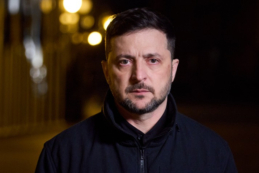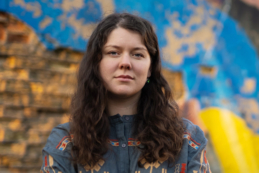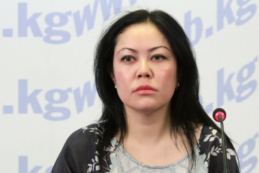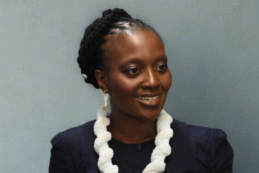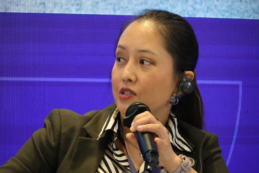court
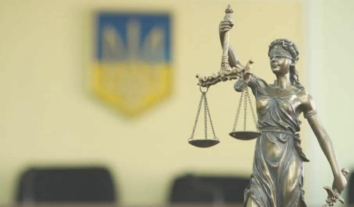
Ukraine sentences 202 Russian troops for war crimes – the Office of the Prosecutor General
The investigation into war crimes committed by Russian military personnel in Bucha and the Bucha District of the Kyiv region is also ongoing. Investigators continue to document these crimes with international partners
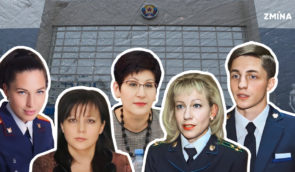
Judges, prosecutors and sperm producers: who “administers justice” in the occupied Luhansk region
Read about the work of the occupation courts in the Luhansk region in this article

Who works in the courts of first instance in the occupied part of Donetsk region
The Donetsk occupation system of “justice” developed in 2014 is based on Ukrainian traitor judges, who have been the backbone of the judiciary of the illegal DPR formation all this time. Many have been working without a break for the second decade and have already taken their third oath of allegiance
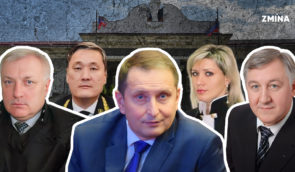
Who is now administering “supreme” justice in the occupied territory of Donetsk region
Who took control of the so-called “Supreme Court of the Donetsk People's Republic,” what motivated people from Russian regions to start working there, and to what extent local “elites” have retained their presence in the central judicial institution, read in ZMINA article.

Cutting US support for ICC because of Israel would hurt Ukrainian war victims
U.S. legislators should remember the progress they’ve made toward justice for Ukrainian victims. They should let the ICC prosecutor and judges do what they have been elected by 124 countries to do and support them where possible, Nadia Volkova noted

Who became “judges” in the occupied part of Zaporizhzhia region
As for all kinds of natives of the Russian hinterland, the question of their prosecution by the Ukrainian authorities will depend on the degree of participation in war crimes against the civilian population
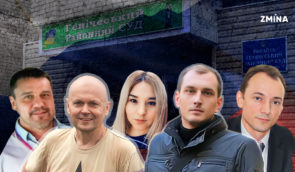
Who went to work in the “courts” in the occupied Kherson region
Read this article about how and from whom the “judicial bodies” were formed in the Kherson region and how impartial the new judges seem

How Ukraine passes judgment on violations of the laws and customs of war?
ZMINA analyzed how Ukraine tries war criminals and what challenges it faces

How should Ukraine respond to court decisions issued during the occupation?
Judges, prosecutors, and human rights activists shared their vision during the discussion “What should be the state’s approach to court decisions made during the occupation after the liberation of the territories of Ukraine?” organized by the ZMINA Human Rights Center.

A story of Oleksandr Tarapon from Crimea, illegally convicted by Russia
On October 21, 2022, the occupation court of Alushta sentenced Oleksandr Tarapon to 2.5 years in a strict regime colony. He was charged with Article 207.3 (part 1) of the Criminal Code of the Russian Federation, namely, “public dissemination of knowingly false information about the use of the Armed Forces of the Russian Federation and the exercise of powers by state bodies of the Russian Federation.”
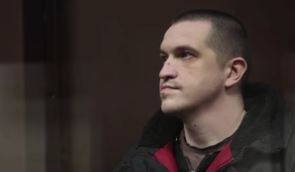
“I was defending my home”: Ukrainian soldier Pavlo Zaporozhets illegally sentenced to 12 years’ imprisonment in Russia
Zaporozhets pleaded not guilty to the charges. Refusing trial under the Criminal Code, he asserted that as a soldier, he should be tried under the Geneva Convention
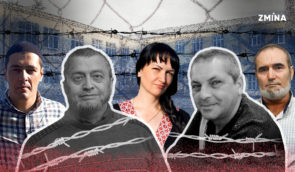
Gafarov-Shyring list: how Russia is killing political prisoners in Crimea
Tetyana Pechonchyk emphasized the importance of publicizing information about political prisoners. In her opinion, it is essential to tell the stories of illegally imprisoned Ukrainian citizens, spread them on social media and abroad, put pressure on Russia, initiate new resolutions of the European Parliament, and raise issues at the level of the OSCE and UN bodies so that Ukrainian citizens, political prisoners at risk with complex diseases, are released first and unconditionally
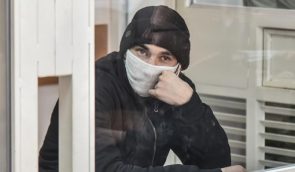
A Wake-up Call for Ukraine’s Civil Society
Ukraine is at serious risk of following its own footsteps in the failure of its 2004-05 Orange Revolution, when civic activism failed to achieve enduring political changes.
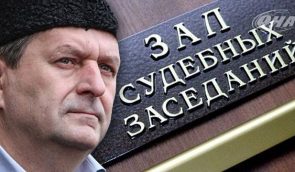
Interrogations against Criminal Code are conducted in Chiygoz case
Lawyer Polozov will demand the exclusion of this evidence
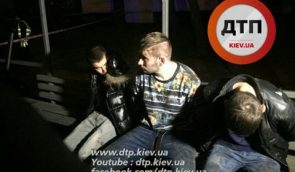
Editor of newspaper in Alushta has been arrested until January 4
He actively critized the actions of members of ruling party United Russia

How the government sabotages a National Action Plan for Human Rights
If there is no general consensus that certain principles of human rights such as, the principle non-discrimination as a basic foundation of daily work, then we won’t make any progress...
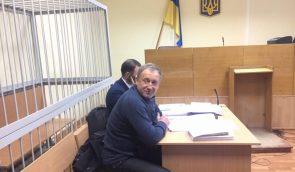
Panov and Zakhtiy are forced to abandon their lawyers in “Lefortovo”
The Ministry for Foreign Affairs demands to let the consuls visit them
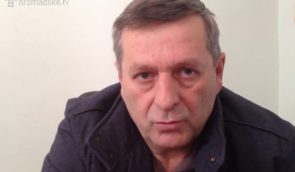
Witnesses for prosecution not come to court hearing in Chiygoz case – lawyer
The witnesses for prosecution did not come to the court hearing in the case of Deputy Chairman of the Mejlis of the Crimean Tatar people Ahtem Chiygoz


